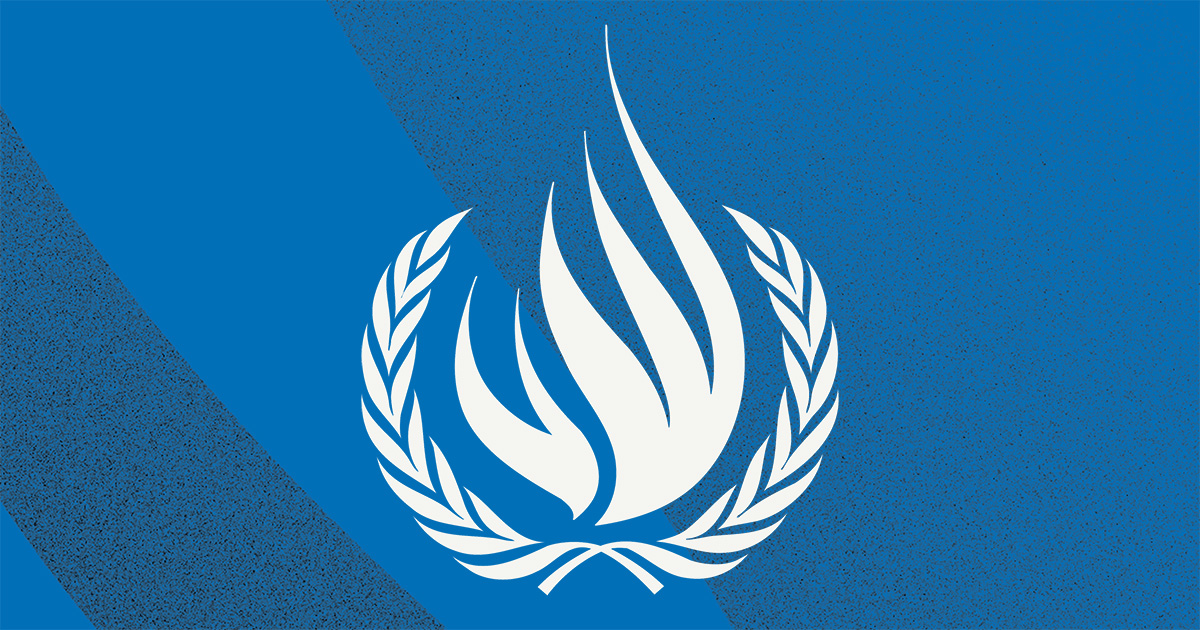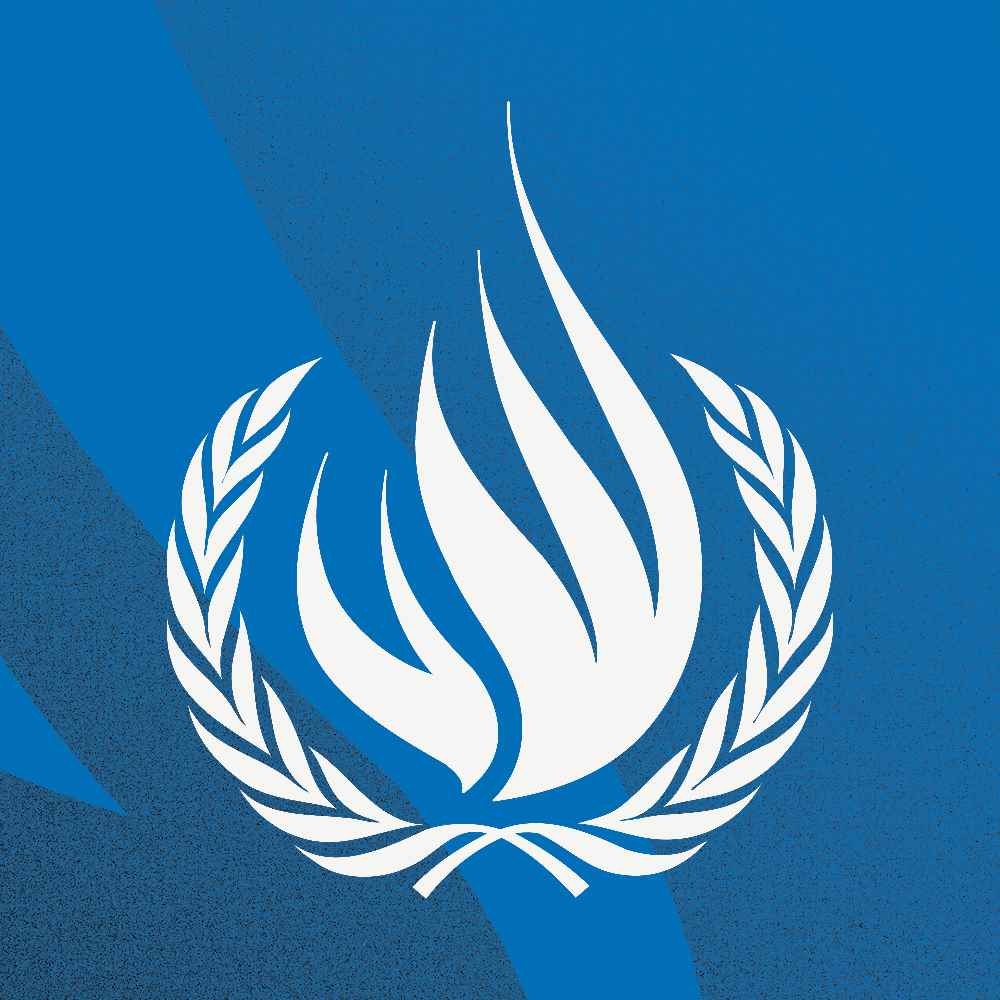
GENEVA (26 June 2023) – A UN expert today called on States to create and strengthen regularisation mechanisms to address vulnerabilities faced by migrants in irregular situations, in line with commitments made under international human rights standards.
“Regularisation is a tool of protection and inclusion that benefits migrants, their families, destination countries and communities,” Felipe González Morales, UN Special Rapporteur on the human rights of migrants, told the Human Rights Council. “States must provide options for permanent residence, citizenship and meaningful participation of migrants in host societies.”
He noted that many undocumented migrants continue to struggle due to the lack of regular migration status: they live and work in critical circumstances and may be disproportionately subjected to discrimination, abuse, exploitation and marginalisation. The lack of a regular status often prevents them from reporting violations for fear of deportation, the expert said.
“Regardless of the circumstances that led them to irregularity, the enjoyment of their human rights is negatively affected,” González Morales said, stressing that the intersection between migration and other forms of discrimination and the criminalisation of irregularity further exacerbates the vulnerability of irregular migrants.
In his report to the Human Rights Council, the Special Rapporteur examined how States can strengthen the protection of the human rights of migrants by designing and reviewing regularisation pathways that are people-centred, child-sensitive, gender-responsive, and trauma-informed.
“Regular migration status protects migrants from detention and deportation, reduces the likelihood of exploitation and facilitates their access to justice, while enabling them to participate fully in society,” the expert said.
He stressed that regularisation procedures improve migrants’ access to social protection, health care, decent work, education, adequate living conditions and family reunification – empowering migrants to lead more secure and dignified lives. “Regularisation processes must be accompanied by anti-discrimination policies to ensure the full enjoyment of their human rights,” González Morales said.
"I urge governments to end the criminalisation of irregular migrants and promote solidarity and change the narrative on migration and combat xenophobia, racism and discrimination," the expert said.
During his presentation to the Human Rights Council, the Special Rapporteur also presented his findings and recommendations related to his official to Belarus and Poland in 2022. He also shared the conclusions of his visit to Bangladesh earlier this year.
ENDS
Felipe González Morales was appointed as the Special Rapporteur on the human rights of migrants in June 2017 by the UN Human Rights Council, for an initial period of three years. His mandate was renewed for 3 additional years in June 2020. As a Special Rapporteur, he is independent from any government or organization and serves in his individual capacity. He is Professor of International Law at the Diego Portales University, in Santiago, Chile, where he is also the Director of a Master’s programme in International Human Rights Law.
The Special Rapporteurs are part of what is known as the Special Procedures of the Human Rights Council. Special Procedures, the largest body of independent experts in the UN Human Rights system, is the general name of the Council"s independent fact-finding and monitoring mechanisms that address either specific country situations or thematic issues in all parts of the world. Special Procedures experts work on a voluntary basis; they are not UN staff and do not receive a salary for their work. They are independent from any government or organisation and serve in their individual capacity.
For further information and media requests, please contact Ms. Clara Burriel Pérez (consultant.burrielperez@un.org) or write to hrc-sr-migrant@un.org
For media enquiries regarding other UN independent experts, please contact Maya Derouaz (maya.derouaz@un.org) or Dharisha Indraguptha (dharisha.indraguptha@un.org).
Follow news related to the UN"s independent human rights experts on Twitter @UN_SPExperts.
Concerned about the world we live in?
Then STAND UP for someone"s rights today.
#Standup4humanrights
and visit the web page at http://www.standup4humanrights.org










